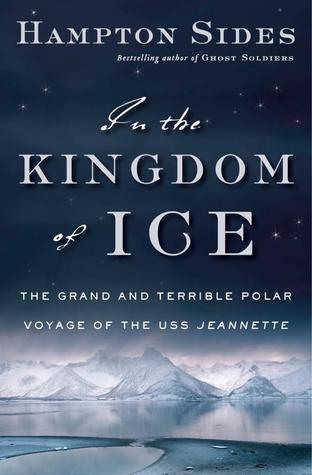More on this book
Community
Kindle Notes & Highlights
Read between
December 4 - December 13, 2014
Bennett was strangely bashful around large groups of people and uncomfortable with the spotlight even when the spotlight was manifestly his. He was like a disinterested watchmaker, the sort of man who preferred to set situations in motion—and then sit back and amuse himself with the results.
In less than a decade, this industrially efficient slaughter had largely destroyed the Yupiks’ primary source of food and the seasonal hunting life upon which it was based. By the 1880s, the walrus was nearly extinct in large swaths of the Bering Sea. It was the Arctic version of a story already well known to Americans, the story of the buffalo and the Indians of the Great Plains. Here, as there, the wholesale slaughter of a people’s staple prey had led, in a few short years, to ruinous dislocations, terrible dependencies—and a cultural apocalypse.
As far as Muir could tell, the American presence in the Arctic had thus far been anything but beneficial. What had happened on St. Lawrence Island was but an extreme distillation of larger forces at work across America’s northernmost frontier. Muir now could see that this icy wilderness was as vulnerable as it was vast—marked by fragile rhythms of migration, interdependencies of population, and patterns of habit many thousands of years in the making. And yet it seemed to be unraveling before his eyes.
The systematic introduction of just a few things—repeating rifles, booze, money, industrial methods of dismantling animal flesh—had caused the native cultures of Alaska to collapse at record speed.
If De Long was seen as the martyred hero of the Jeannette expedition, then Melville had emerged as its living hero.


